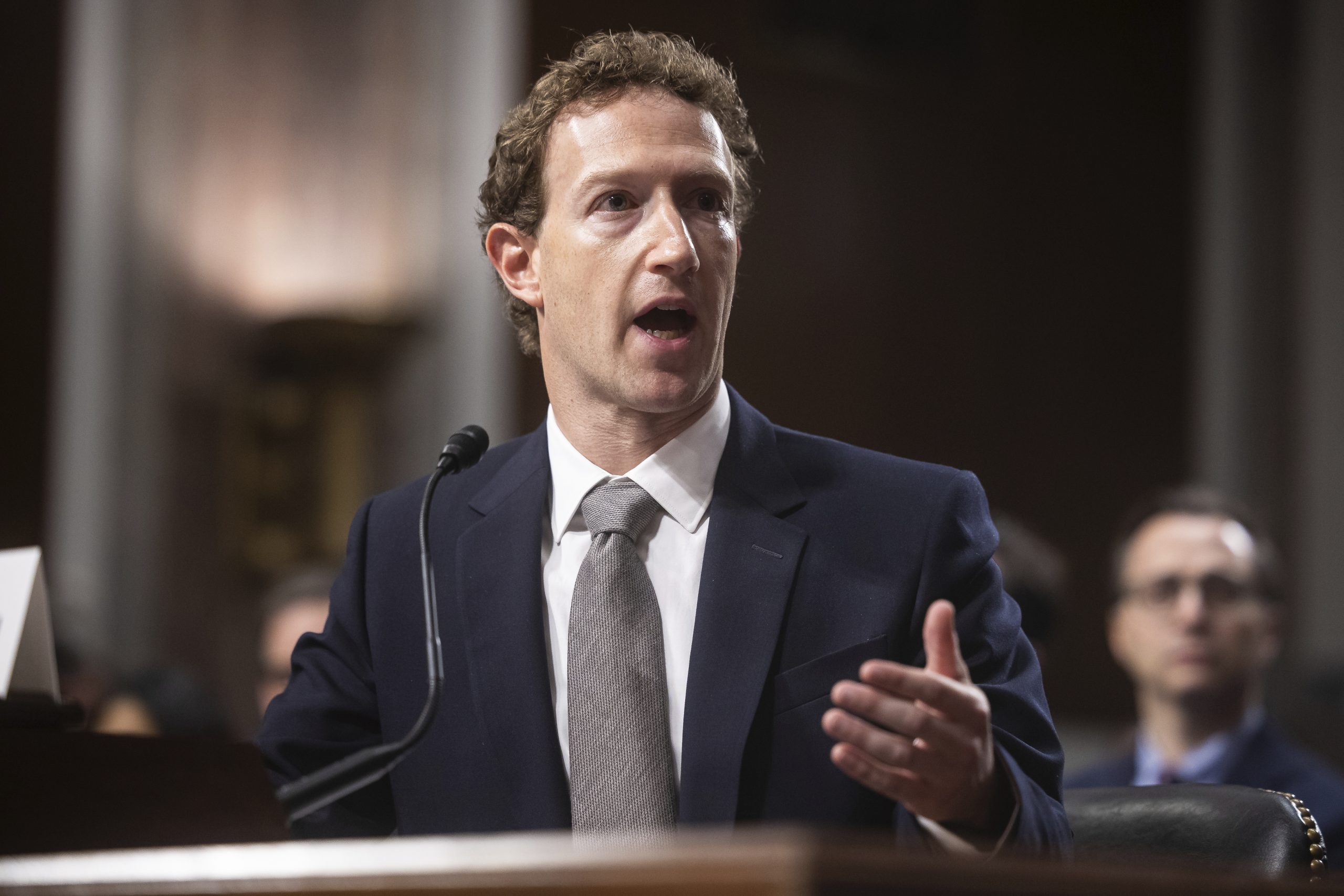The ongoing lawsuit against Meta, brought by the Federal Trade Commission (FTC), could result in the tech giant being forced to divest Instagram and WhatsApp. This complex process would significantly disrupt the trillion-dollar company. However, U.S. District Judge James Boasberg has expressed some skepticism about the FTC’s case. Former Republican FTC Chair Bill Kovacic, now leading the Competition Law Center at George Washington University, provided insights into Meta’s trial on the POLITICO Tech podcast. The conversation focused on understanding Mark Zuckerberg’s motives during the acquisitions of Instagram and WhatsApp over a decade ago. While Zuckerberg emphasized improving his platform for users, there was also an awareness that Instagram could evolve into a competitive threat. A key question for the court is determining Meta’s primary intent behind these acquisitions and whether its mindset in 2012 remains relevant today. The FTC argues Meta holds a monopoly in “personal social networking,” with only Snapchat and MeWe as competitors. Meta’s legal team contends this market definition is overly narrow. Judge Boasberg has previously questioned the FTC’s market definition, suggesting Meta may emphasize these doubts further. Speculation remains high regarding whether the trial could lead to Meta’s breakup. If Judge Boasberg is convinced by the FTC’s arguments, a divestiture becomes more likely. However, if the case is closely contested, the judge might opt for less drastic measures. Additionally, Mark Zuckerberg reportedly lobbied former President Trump for a settlement, though it remains uncertain whether such intervention would occur. Political and economic concerns surrounding Meta’s influence continue to shape discussions.
— new from Politico
